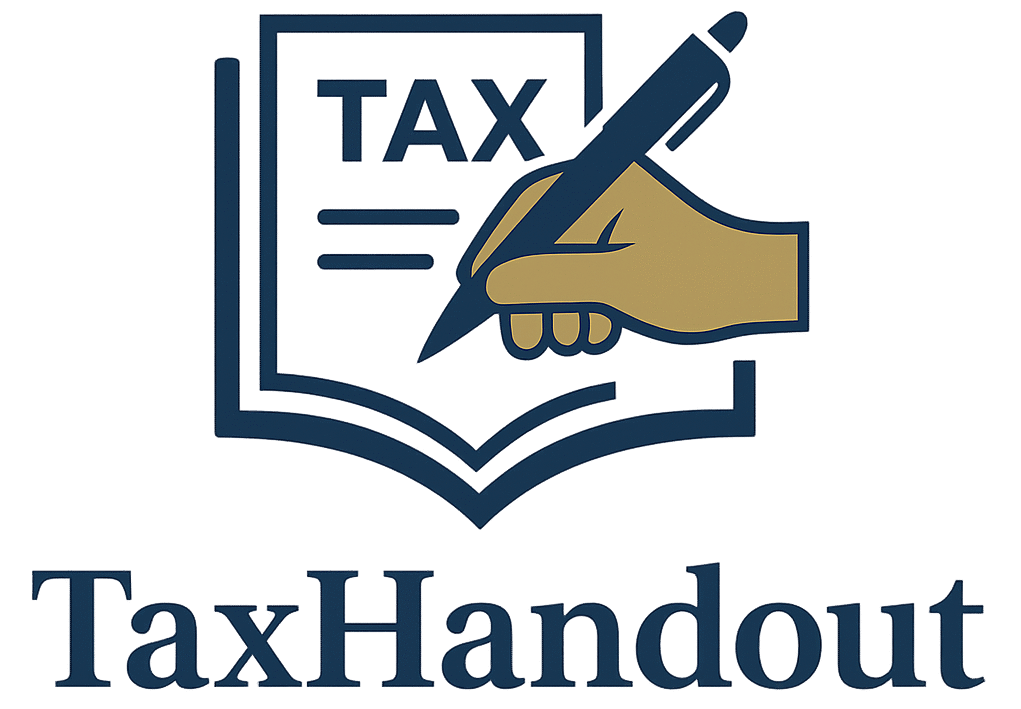In the GST regime, the power to gather evidence and ensure compliance plays a crucial role in preventing tax evasion. One such important investigative tool available to tax officers is Section 70 of the CGST Act, 2017, which empowers them to summon any person for giving evidence or producing documents during an inquiry.
Whether you’re a registered taxpayer, transporter, accountant, or a third-party witness — a GST summon is not to be taken lightly. It is considered a judicial proceeding, and non-compliance can lead to serious consequences under the Indian Penal Code.
In this blog, we decode the meaning, scope, practical examples, judicial interpretations, and taxpayer rights related to Section 70 — so you know exactly what to do if that summon arrives at your door.
Text of Section 70 – CGST Act, 2017:
(1) The proper officer under this Act shall have power to summon any person whose attendance he considers necessary either to give evidence or to produce a document or any other thing in any inquiry which such officer is making and shall have the power to summon any person and the inquiry shall be deemed to be a “judicial proceeding” within the meaning of Section 193 and Section 228 of the Indian Penal Code.
(2) Every such inquiry shall be deemed to be a “judicial proceeding”.
Key Features of Section 70
| Feature | Details |
| 👮♂️ Officer Authorized | Not below the rank of Superintendent |
| 📄 Format of Summon | Form GST DRC-06 |
| 🏛️ Nature of Inquiry | Judicial proceeding |
| 📌 Purpose | To record statements or collect documents/evidence |
| 🧑⚖️ IPC Sections Applied | 193 (false evidence), 228 (insult to public servant), 174 (non-attendance), 175 (omission to produce documents) |
When Can Summons be Issued?
- Verification of Input Tax Credit (ITC) claims
- Suspicion of fake invoices or bogus suppliers
- Non-filing or under-reporting in returns
- Evasion of tax, refunds claimed incorrectly
- Assistance in any investigation or audit
Practical Examples
Example 1 – Dealer Called for Bogus ITC Inquiry
Mr. Arvind, a registered GST dealer, was issued a summon under Form DRC-06. The officer suspected he availed ₹12 lakhs of ITC based on fake invoices. He was required to:
- Appear in person
- Submit purchase ledgers, tax invoices, and GSTR-2A reconciliation
His statement was recorded, and based on his cooperation, a notice under Section 74 was avoided.
Example 2 – Summon to Third Party Logistics Company
ABC Logistics received a summon asking for delivery challans and e-way bill data relating to XYZ Pvt Ltd. Though ABC Logistics was not directly under scrutiny, it was assisting in the inquiry as a third-party witness.
Judicial Pronouncements on Section 70
1. Rakesh Janghu v. Union of India (Punjab & Haryana HC, Nov 1, 2023)
Facts: The petitioner challenged repeated summons issued under Section 70 during a GST inquiry. He had cooperated fully, deposited amount under protest, and produced relevant records.
Held: The High Court quashed further summons, noting that continued issuance served no purpose since the petitioner was already compliant. The court emphasized that Section 70 must not be used indefinitely or to harass taxpayers
2. Samyak Metals Pvt Ltd. v. UoI & Diwakar Enterprises Pvt Ltd. v. Commissioner of CGST (Punjab & Haryana HC, 2023)
Reference: These cases addressed proper use of Section 70 for summons under Rule 142.
Held: The courts clarified that once sufficient documents and statements are collected, continued summons aren’t justified, and the inquiry should progress to adjudication phase
Additional Insight
Section 70 explicitly allows only one or necessary summons, and that the inquiry becomes a judicial proceeding. High Courts have reinforced that repeated issuance—especially after adequate compliance can amount to undue harassment.
Do’s and Don’ts When You Receive a Summon
✔️ Do’s:
- Appear on the given date & time
- Bring required documents
- Give true statements
- Cooperate during proceedings
- Consult your CA or legal counsel
❌ Don’ts:
- Don’t ignore the summon
- Don’t lie under oath
- Don’t avoid appearance without genuine cause
- Don’t destroy or tamper evidence
Format of Summon under GST
- Form: GST DRC-06
- Contains: Name, address, date & time, reason, documents required
Note: Summons can be issued in writing or delivered via email, post or personally.
Summon ≠ Guilt
Receiving a summon doesn’t mean you’re accused. It’s part of the investigation or fact-finding. Many times, third parties, transporters, accountants, or related persons are called only for assistance in the case.
Final Thoughts
Section 70 of CGST Act is a powerful investigation tool. But this power must be used judiciously by authorities and responded to sincerely by taxpayers.
If you or your client receive a GST summon:
👉 Don’t panic
👉 Seek professional help
👉 Comply truthfully

